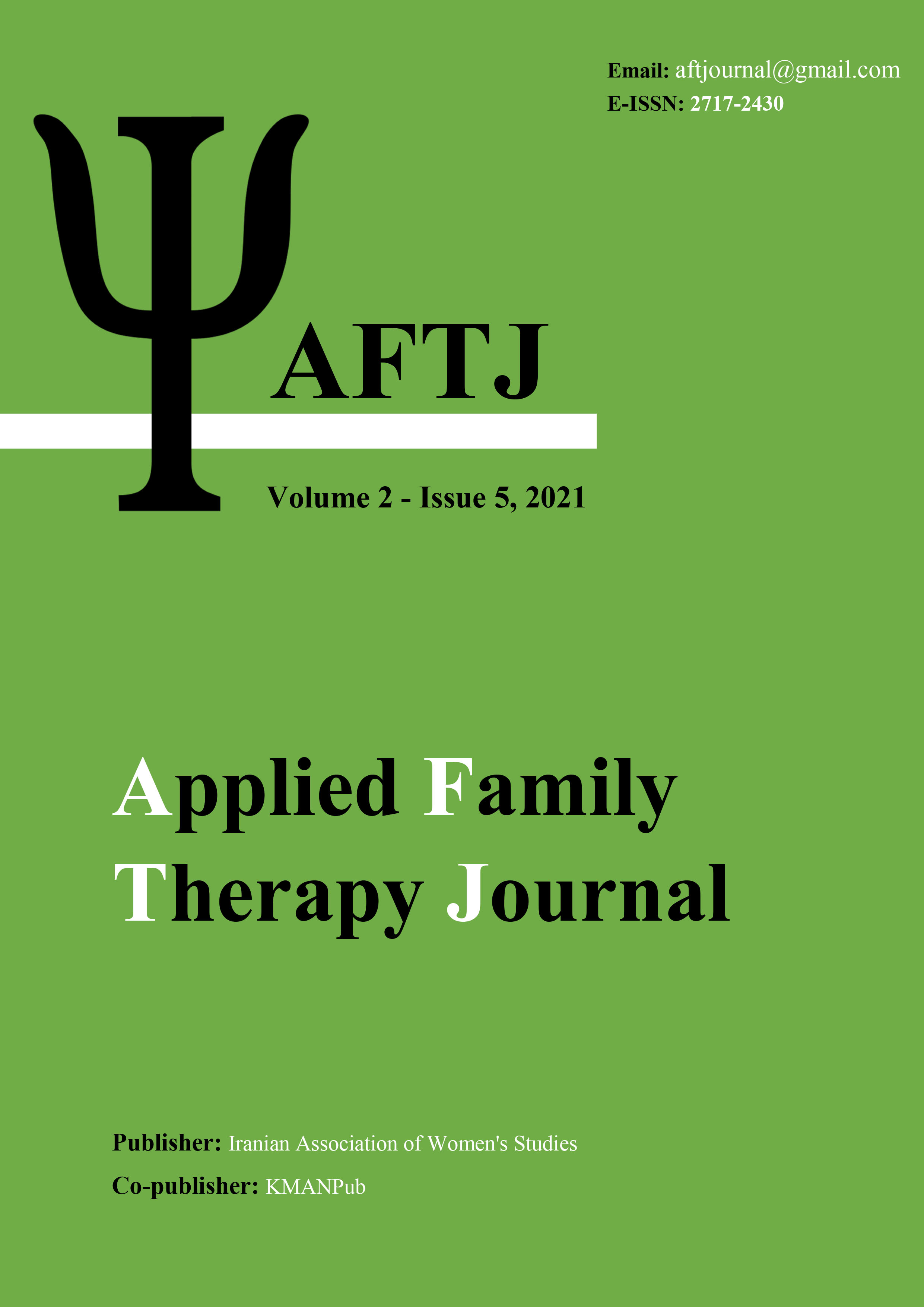Comparing the effectiveness of emotion-oriented therapy and cognitive-behavioral therapy on anxiety in bereaved families due to Corona
Keywords:
Emotion-oriented therapy, cognitive-behavioral therapy, anxiety, corona.Abstract
Aim: This research was conducted with the aim of comparing the effectiveness of emotion-oriented therapy and cognitive-behavioral therapy on anxiety in people bereaved by Corona. Methods: This was a semi-experimental study with a pre-test-post-test design with a control group and a three-month follow-up. [The statistics of the research were all the families affected by Corona in the year 1399-1400 in Chalus city, of which 45 people were selected by purposeful sampling according to the entry and exit criteria and randomly divided into three groups (two experimental groups and one group control) 15 people were replaced. The first group received 9 sessions of emotion-oriented therapy, the second group received 9 sessions of cognitive-behavioral therapy, and the control group did not receive any intervention. The Beck Anxiety Inventory (BAI; Beck, 1988) was completed by the participants in three phases: pre-test, post-test and follow-up. The data were analyzed using repeated measures analysis of variance. Results: The results showed that emotion-oriented therapy and cognitive-behavioral therapy are effective in reducing the anxiety of bereaved people, and in comparing the two treatments, emotion-oriented therapy was more effective than cognitive-behavioral therapy in controlling anxiety (p<0.05). Conclusion: From the findings of this research, it can be concluded that emotion-oriented therapy can be used to control anxiety in bereaved people.
Downloads
Downloads
Published
Issue
Section
License

This work is licensed under a Creative Commons Attribution-NonCommercial 4.0 International License.





















